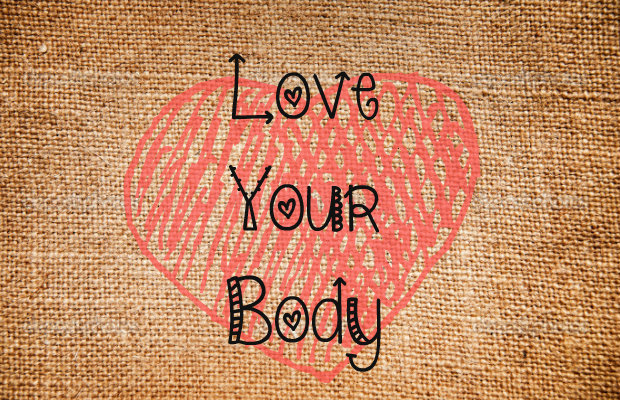
July 9, By Spanaway Dental Wellness The topic of how we take in our breaths has become increasingly important as more data about how airway and sleep affect the body has become more available. How we take in our air can affect the position of our teeth, how we talk, the quality of our sleep and subsequent daytime energy and functionand facial development and growth in children. Many of us feel stressed out, overworked, and overstimulated during our daily lives, which leaves us in a chronic state of fight or flight response. Breathing in and out through the nose helps us take fuller, deeper breaths, which stimulates the lower lung to distribute greater amounts of oxygen throughout the body and allow the body to enter a deep sleep. In addition, the lower lung is associated with our parasympathetic nerve system, which is responsible for calming the body and mind. On the other hand, mouth breathing is stimulated by the upper lungs, which triggers the sympathetic nerve receptors to push us to become more hyperactive and prevents us from entering into a deep sleep. As a result, our body produces adrenaline to compensate for sleepiness. Mouth breathing bypasses the nasal mucosa and makes regular breathing difficult, which can lead to snoring, breath irregularities and sleep apnea. A child with an open mouth will very likely grow into an adult with flatter facial features, less prominent cheekbones, a longer face, droopier eyes and lower facial muscle tone, a narrower palate, and even a smaller lower jaw in most cases.
Lists of foods and drinks so as to may help are also built-in. Your doctor or nurse can advise you to take these and other steps: Get a dental check-up before starting action. Before you start treatment, appointment your dentist for a maintenance and check-up. Tell the dentist about your cancer treatment after that try to get any dental work completed before starting action. Check and clean your aperture daily.

Leave a Comment